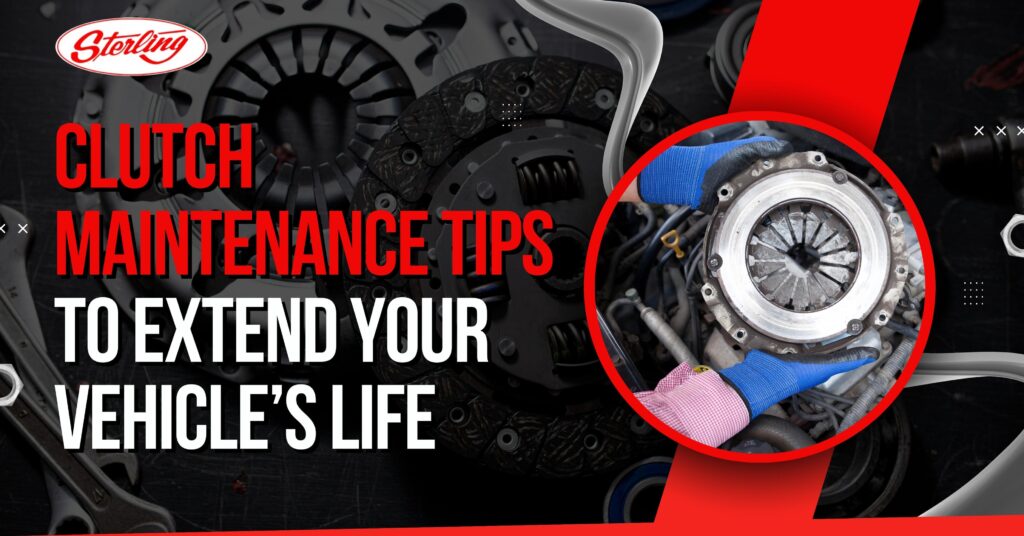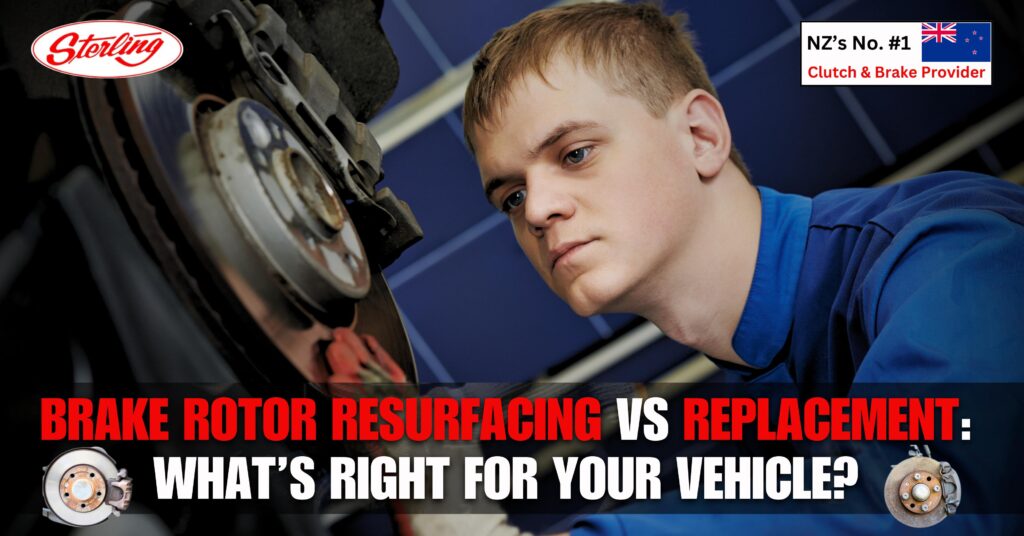How to Tell If Your Clutch Is Failing: Warning Signs NZ Drivers Should Know
Your clutch is one of the hardest-working components in your vehicle, especially if you’re frequently driving through city traffic, towing loads, or navigating New Zealand’s hilly and rugged terrains. Like any mechanical part, it wears down over time—and failing to recognise the early warning signs can lead to breakdowns, costly repairs, or even safety risks.
In this blog, we’ll highlight the most common signs of clutch failure, what they mean, and what NZ drivers should do if they suspect their clutch is on the way out.
Why the Clutch Matters
The clutch connects your engine to the gearbox and allows you to change gears smoothly. When it begins to fail, the symptoms might start subtly but will worsen quickly if not addressed. Recognising early warning signs can help extend the life of your vehicle and avoid roadside emergencies.
1. Slipping Clutch
One of the most common symptoms, especially noticeable when accelerating. If the engine revs but the vehicle doesn’t respond with matching speed, your clutch may be slipping.
Causes:
- Worn friction disc
- Oil contamination on clutch plate
- Weak pressure plate
What to Do: Visit a clutch specialist like Sterling NZ for a clutch inspection.
2. Hard or Spongy Clutch Pedal
If your clutch pedal feels different—too stiff or unusually soft—it could be a sign of hydraulic issues or component wear.
Possible Issues:
- Air in hydraulic line
- Worn clutch cable
- Faulty master/slave cylinder
Tip: Test the clutch pedal when the engine is off and when it’s running to see if the pressure changes significantly.
3. Grinding or Noisy Gear Shifts
Are you hearing grinding when changing gears or struggling to shift smoothly? A failing clutch may not be disengaging fully, causing the gearbox to grind.
Other Causes Could Include:
- Worn clutch plate
- Misadjusted linkage
- Transmission issues
Get it checked before it damages your gearbox.
4. Clutch Drag
Clutch drag occurs when the clutch doesn’t fully disengage, making it hard to shift gears. You might notice the car creep forward slightly even when the clutch pedal is fully depressed.
Causes:
- Warped clutch disc
- Improper adjustment
- Faulty release mechanism
5. Burning Smell
A burning smell, especially during heavy use (towing, hill starts), can be a clear indicator of a slipping clutch or excessive friction.
What It Means: Continued driving under these conditions can cause the clutch to fail quickly.
6. Unusual Vibrations or Shuddering
If your car shudders or vibrates when you release the clutch, especially in first gear, it could be due to contamination (oil leak), uneven wear, or misalignment.
This is particularly common in older vehicles or those used off-road.
7. Loss of Acceleration
When the engine seems to work fine but the car fails to accelerate properly—especially under load—it could mean your clutch isn’t transferring power efficiently.
Diagnosis: This often accompanies other symptoms like slipping or shuddering.
When to See a Professional
If you notice any of these signs, it’s best to book an inspection with an experienced mechanic or clutch replacement specialist in Auckland like Sterling NZ. Early intervention can save hundreds of dollars and keep your vehicle running safely.
Sterling NZ offers high-quality clutch kits, expert fitting, and diagnostics for a wide range of vehicles including:
- Utes and 4WDs
- Daily drivers
- Performance and classic cars
Preventative Tips
- Don’t ride the clutch—keep your foot off the pedal when not changing gears
- Avoid holding the clutch on hills—use the handbrake
- Shift smoothly to avoid wear
- Don’t overload your vehicle if unnecessary
Routine checks and good driving habits can extend clutch life considerably.
FAQs
Q1: How long should a clutch last in a New Zealand vehicle?
A clutch can last anywhere from 100,000 to 150,000 km, depending on driving style and conditions.
Q2: Can I drive with a slipping clutch?
While you might be able to drive short-term, a slipping clutch can quickly lead to complete failure and should be repaired immediately.
Q3: What is the cost of clutch replacement in NZ?
Prices vary by vehicle type, but typically range from $600 to $1,500 including parts and labour. Contact Sterling NZ for an accurate quote.
How to Tell If Your Clutch Is Failing: Warning Signs NZ Drivers Should Know Read More »
 NZD
NZD
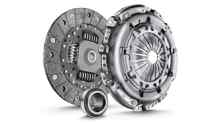
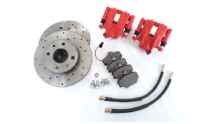
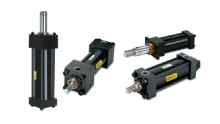
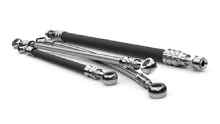
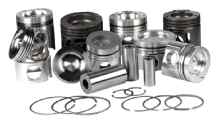
.jpg)
.jpg)
.jpg)
.jpg)

.jpg)
.jpg)








